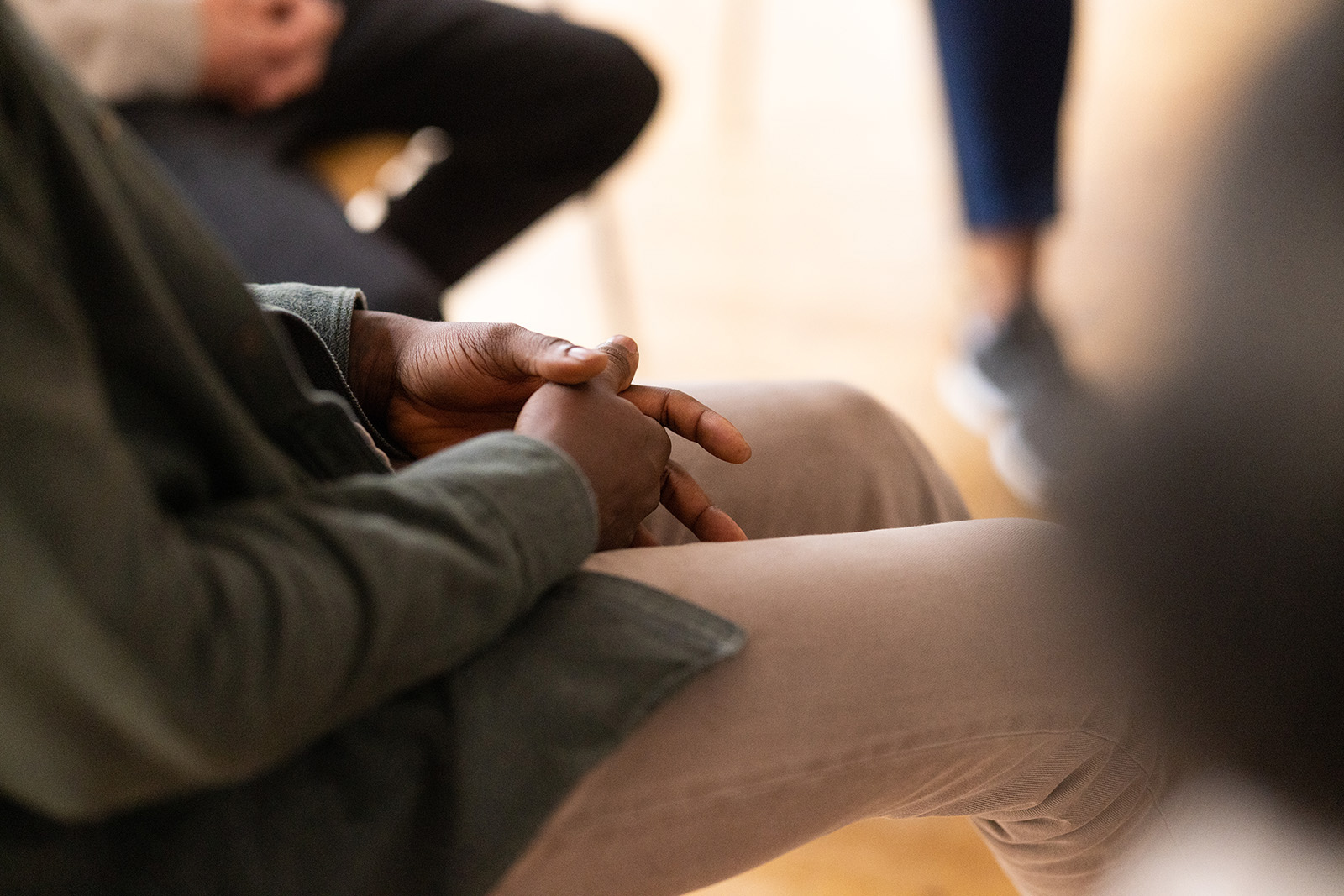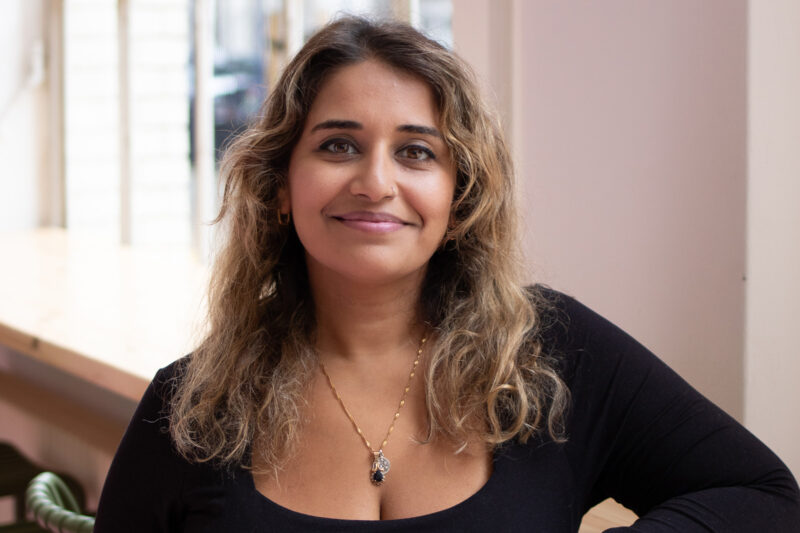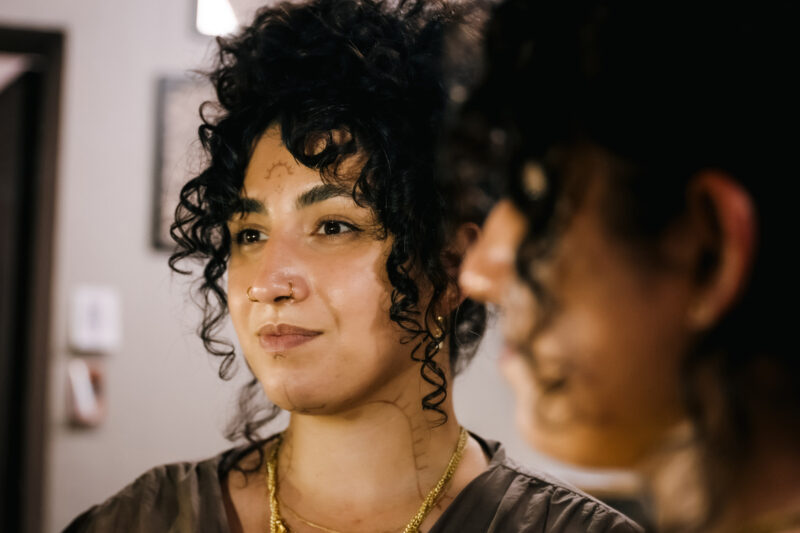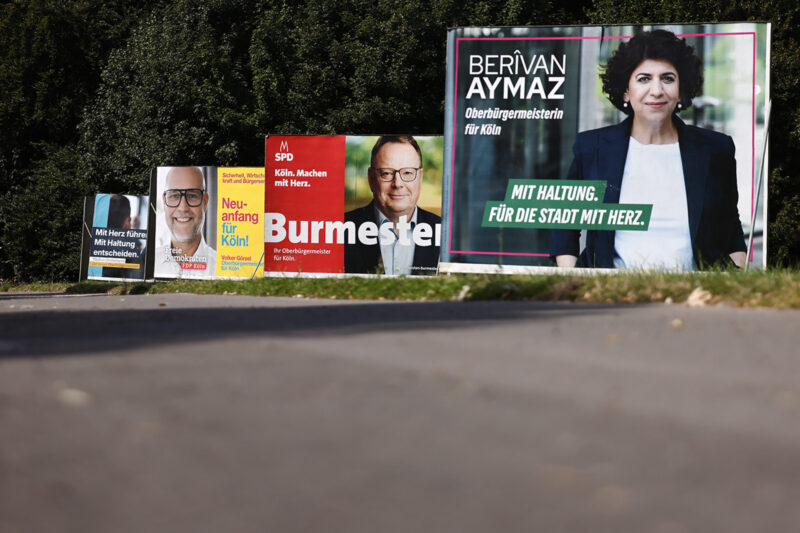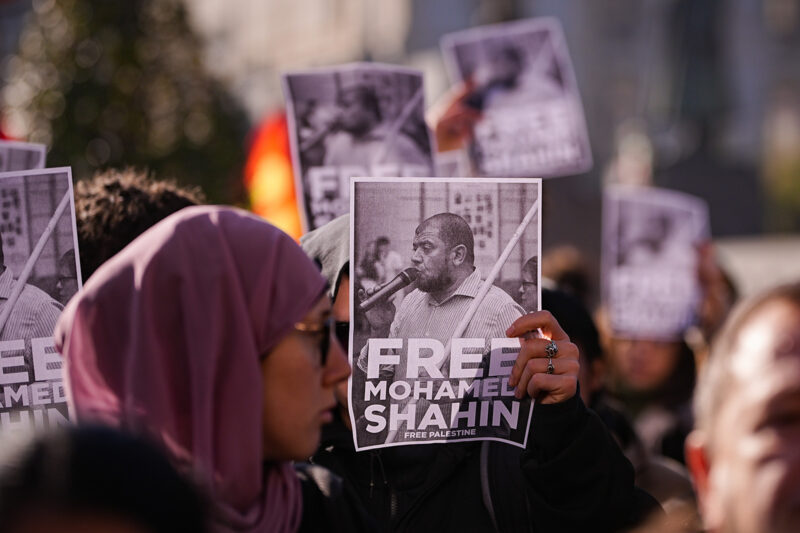Germany’s Muslim community in shock over murder of Algerian nurse
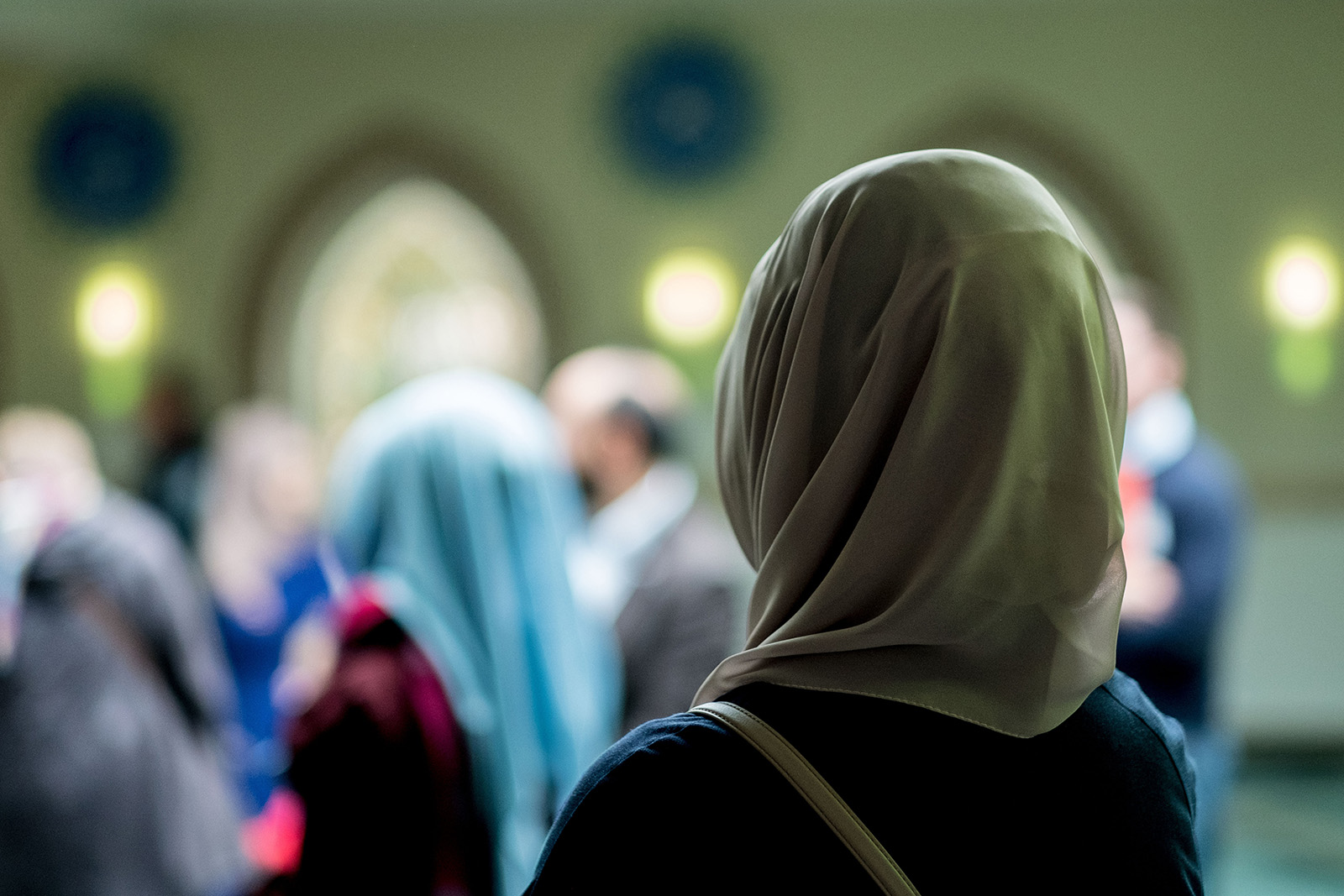
While motive for the killing has not been confirmed, activists say the incident exposes the vulnerability of Muslim women
Germany’s Muslim community has been left shaken by the killing of a 26-year-old Algerian woman in a possible racist attack. Rahma Ayad, a trainee nurse who had been living in Germany for two years, was found stabbed to death in the stairwell of her apartment building in the village of Arnum, south of the city of Hanover, on 4 July. A 31-year-old German man — named Alexander K by authorities — who lived in the same building is currently in pre-trial detention.
While initial news reports did not mention a suspected motive, Ayad’s mother told Al-Araby TV that her daughter complained two months before her death that she was being harassed by a male neighbour. This included verbal abuse related to her hijab and her Arab heritage.
News of the case quickly spread across social media, striking a chord with many who feel German authorities are not doing enough to protect Muslims from racist and Islamophobic violence. According to Islamophobia monitoring network CLAIM, there was a 60% increase in anti-Muslim attacks in Germany in 2024, and 71% of affected individuals were women. In Hanover, feminist activists organised a rally in Ayad’s memory and the Muslim community staged a prayer event attended by the Algerian consulate.
“Our community has been deeply shocked by this tragic event,” said Sofian Gasmi, spokesperson of the Hanover Algerian Community Association, who described a palpable sadness among the city’s Muslim community. “The society is really tolerant here,” he added, comparing the region to other parts of the country such as the former East Germany where racist violence is more common. “Since I moved here in 2015, I’ve always felt like xenophobia does not exist.”
On 11 July, the Network Against Femicide Hanover, a grassroots group dedicated to fighting gender-based violence, staged a rally of around 200 people in the city centre. Mona — a 22-year-old activist who did not want to give her surname — said she felt compelled to act after reading about the possible racist motivation for the killing. “We thought it was important to talk about how women are affected by multiple forms of discrimination,” she said.
Flowers and a picture of Ayad have been laid outside her apartment block, where two other residents have spoken to the activists about the suspect’s obsessive behaviour towards the deceased. While they did not raise racism as a possible motive, they confirmed that police were called several times to respond to his aggressive behaviour. In a review of the suspect’s social media activity by German newspaper Die Tageszeitung, Alexander K did not appear to be a member of a right-wing extremist movement but had commented approvingly on sexist advertising and shared fantasies about the murder of Osama bin Laden and other Muslim terrorists.
The Hanover Public Prosecutor’s Office confirmed to Hyphen that a 31-year-old unnamed German man was in custody and that no xenophobic or Islamophobic motive had been established. “The disputes were reportedly neighbourly disputes such as over noise and cigarette smoke,” it said, adding there had been similar disputes with the previous tenant of Ayad’s apartment. The prosecutor’s office has commissioned a psychiatric evaluation of the suspect.
On social media, many users commented on the lack of initial media coverage of the case compared to crimes carried out by Muslims and other migrants. A recent analysis by Buzzfeed Germany found that two recent attacks carried out by migrants attracted twice as much media coverage as a similar attack carried out by a white German man. One Instagram user, @milalilavanilla, commented on a public post about the case, saying that she works in a pharmacy in Arnum and many of her customers automatically assumed the killer had been a migrant. “They told me over and over again: ‘It’s getting worse and worse,’” she said.
Gasmi said even without an established racist motive, Ayad’s murder had highlighted the isolation and vulnerability facing many Muslim migrants. “Unfortunately, Rahma was not in touch with our community,” he said. “Networks are important for safety.” The association plans to do more outreach work with women, offering them information on what they can do if they are being harassed or threatened.
Mona said her group plans to organise more events in Ayad’s memory as the trial progresses. “I think the connection between gender-based violence, racism and Islamophobia is really important to highlight,” she said. “This case is just the tip of an iceberg.”
 Newsletter
Newsletter


